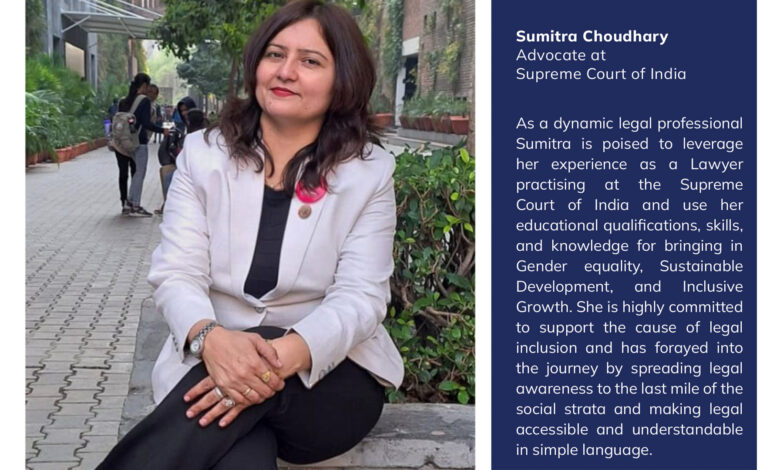Understanding “consent” From Indian Legal Perspective

Consent is such a simple yet commonly misconstrued word. The quintessential dictionary definition of Consent is, “permission for something to happen or agreement to do something,” but sexual consent is beyond just a ‘yes’ or a ‘no.’ In classical liberal theory, “consent” refers to an expression of autonomy and free will by competent and rational people who are free from coercion and pressure. However, it must be understood that consent and, most importantly, a woman’s sexual consent is something that is rife with stereotypical notions of gender roles and sexuality. Patriarchy creates and sustains a culture which makes it easier for men to define and maintain their boundaries as individuals than it is for say, women. Hence, the concept of consent is strongly dependent on how much say an individual has in society. The classical liberal view of “consent” fails to represent women’s choices in patriarchal societies because it ‘overplays’ female autonomy and ignores the power gap between men and women. Below you will find the legal basis of consent as per Indian Law. This is to understand the objective standard of determining consent from the legal perspective.
Consent under the Indian Penal Code (IPC)
Consent is difficult to describe but simple to comprehend. Consent must be “unequivocal,” “voluntary,” and “willing,” according to the definition, and the will must be “communicated.” As a result, the concept of consent raises a number of important questions, such as whether consent entails willing agreement; whether there is some relationship between the words “shall” and “consent; and whether consent entails voluntary agreement.
What does Section 90 in The Indian Penal Code say?
Section 90. Consent known to be given under fear or misconception: A consent is not such a consent as it intended by any section of this code if the consent is given by a person under fear of injury, or under a misconception of fact, and if the person doing the act knows, or has reason to believe, that the consent was given in consequence of such fear or misconception; or consent of an insane person-if the consent is given by a person who, from unsoundness of mind, or intoxication, is unable to understand the nature and consequence of that to which he gives his consent; or consent of a child-unless the contrary appears from the context if the consent is given by a person who is under twelve years of age.
What is NOT consent?
Clothing Style of a Person: The type of clothing or attire, long/short, revealing/non-revealing is never an invitation/consent for any sexual activity, unless it is stated so.
Body Language: If a person is silent or not resisting physically, it does not mean consent.
Silence or Immobility: Not saying “No”explicitly does not mean it’s consent.
Consent in Marital Relations: Assuming that wife is obligated to and would be up for sexual activity at any point, just because they are related to you in some way is not consent.
Past Consent: Consent given in the past is not consent forever. It needs to be sought every time. Consent given for one act is not consent given for anything and everything. For example, consent to holding hands in no way implies consent to anything beyond that.
Incapacitation: An unconscious, drunk or drugged person cannot give active consent.
Coercion: Constantly asking somebody pressurises them and any consent obtained under pressure is not valid Consent.
Conclusion
Consent is not too difficult to understand if you understand that everybody has a different relationship with their body. No matter what kind of relationship you think somebody has with their body, it’s still very personal. It’s thus only legit to be able to respect each other’s bodily autonomy and not just mindlessly go on impinging on them. Sexual activity with somebody who is not eligible to give consent is considered a sexual offence. That, however, doesn’t mean that everybody who is eligible to give consent is always up for all sexual activity with anybody and thus need not be asked. The only best way is to ask, politely yet firmly, but not more than once. I will reiterate, ‘understand the importance of Consent and as a society, we need to rethink consent to break free from how it has been made into a gendered concept.’ Only an Informed, Clear, Voluntary, Freely given, Continuing, Expression of “Yes” is a Consent.





